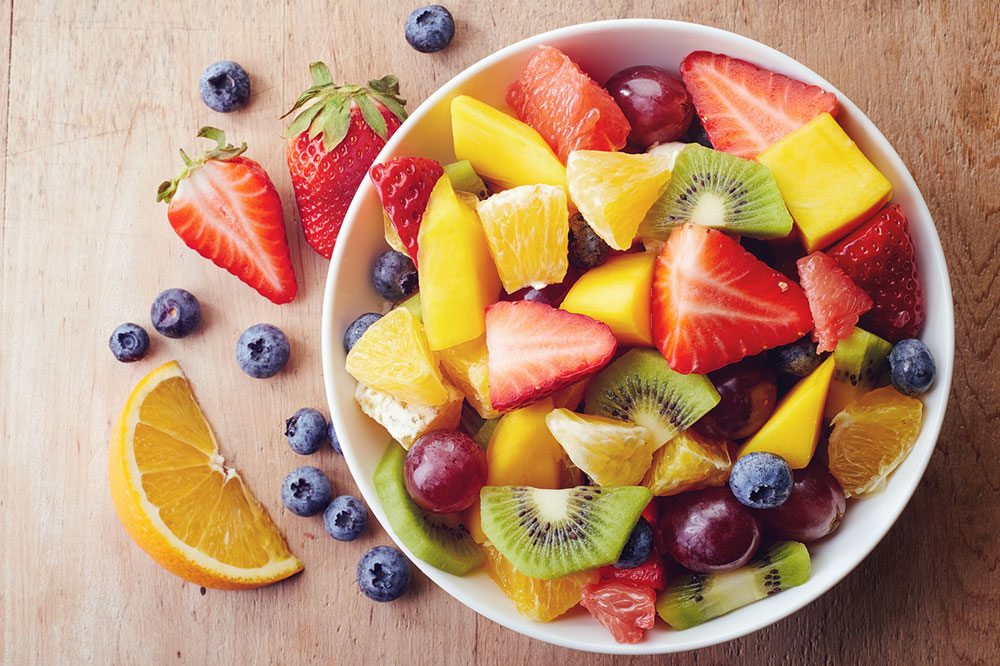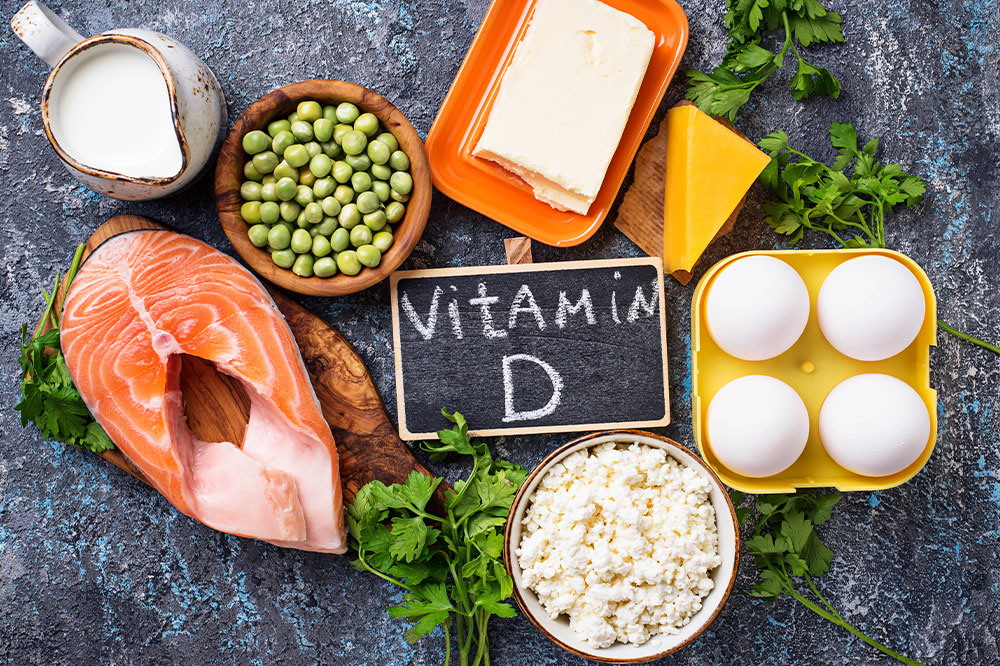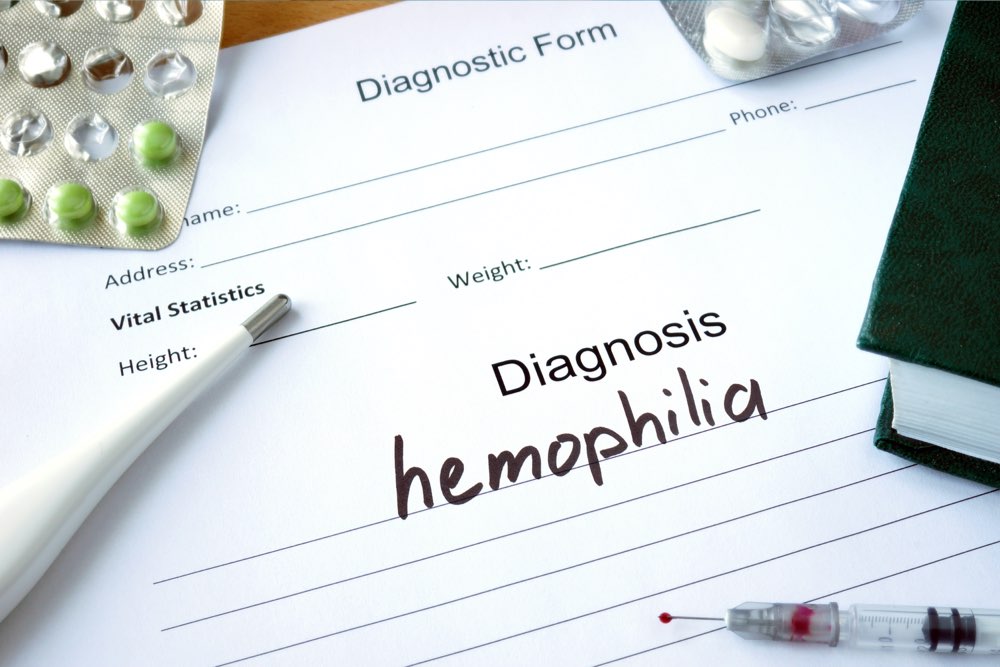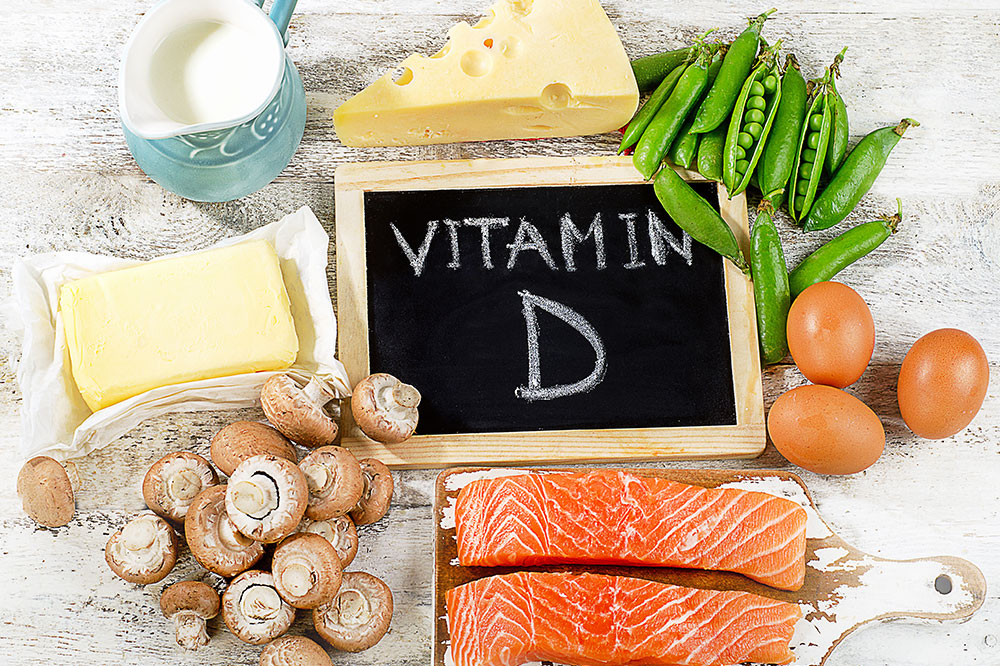Nutritional Guidelines for Managing Schizophrenia: Foods to Prioritize and Avoid
Explore essential dietary recommendations for individuals with schizophrenia. Learn which foods can help manage symptoms and improve overall health by incorporating fiber-rich fruits, vegetables, omega-3 fatty acids, zinc, and vitamin B12, while limiting gluten and refined sugars. Proper nutrition plays a crucial role in supporting mental health and preventing secondary health issues like heart disease and diabetes.
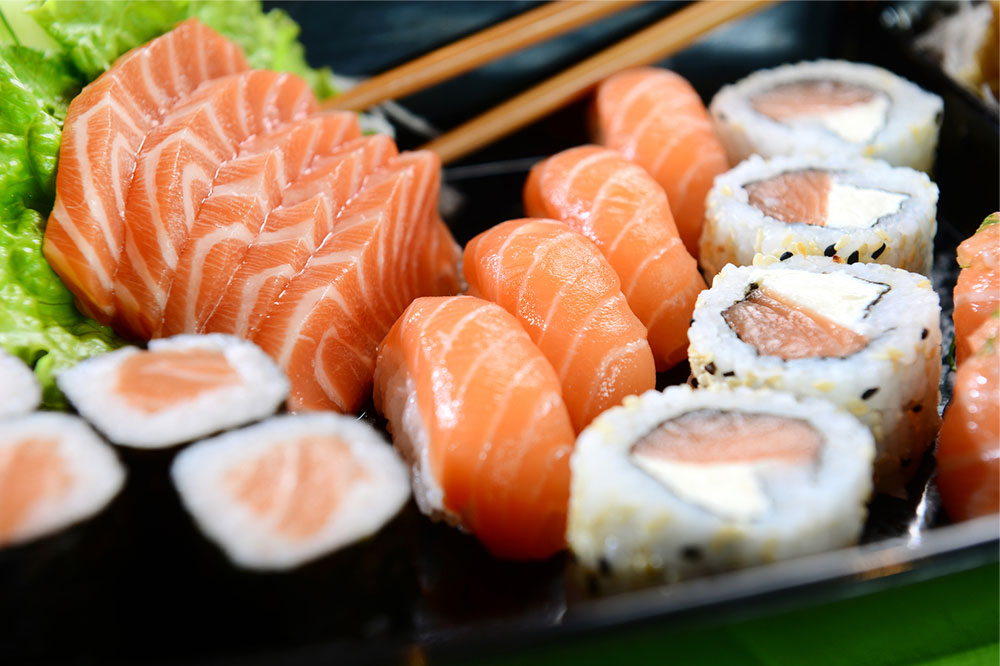
Eating Habits and Dietary Recommendations for Schizophrenia
Individuals with schizophrenia often struggle with poor dietary choices, typically consuming foods low in fiber and fruits while exceeding in saturated fats. Such eating patterns can lead to additional health issues, increasing the risk of illnesses like diabetes and heart disease. Research indicates that nutritional adjustments can positively influence schizophrenia management. Below are recommended foods to include and foods to limit or avoid for better health outcomes.
Recommended Foods
Fruits
Incorporating fruits such as apples, pears, and berries adds necessary fiber, which supports digestion and lowers bad cholesterol. Adequate fiber intake can help reduce complications like obesity, diabetes, and cardiovascular problems linked with schizophrenia.
Vegetables
Vegetables like sweet potatoes, kidney beans, and lima beans are rich in potassium, aiding blood sugar regulation. Spinach, high in folate, is especially beneficial in alleviating schizophrenia symptoms. Other folate sources include asparagus and black-eyed peas.
Oily Fish
Omega-3 fatty acids, essential for brain health, must be obtained through diet as the body cannot produce them. Consuming fatty fish such as salmon and mackerel may help manage and slow schizophrenia progression. Vegetarians can consider walnuts or omega-3 supplements under medical guidance.
Seafood for Zinc and B12
Oysters, crab, and lobster are rich in zinc, potentially linked to schizophrenia mitigation. Clams provide vitamin B12, deficiencies of which are associated with psychosis. Other B12 sources include liver and trout. Vegetarians should consult doctors about supplements.
Foods to Limit or Avoid
Grain Products
Sensitivity to gluten, found in wheat and similar grains, may influence mental health conditions. Opting for gluten-free grains can be beneficial.
Refined Sugars
High sugar intake from candy, baked goods, and sweetened drinks can increase diabetes risk, complicating schizophrenia management. Limiting these foods supports overall health.


